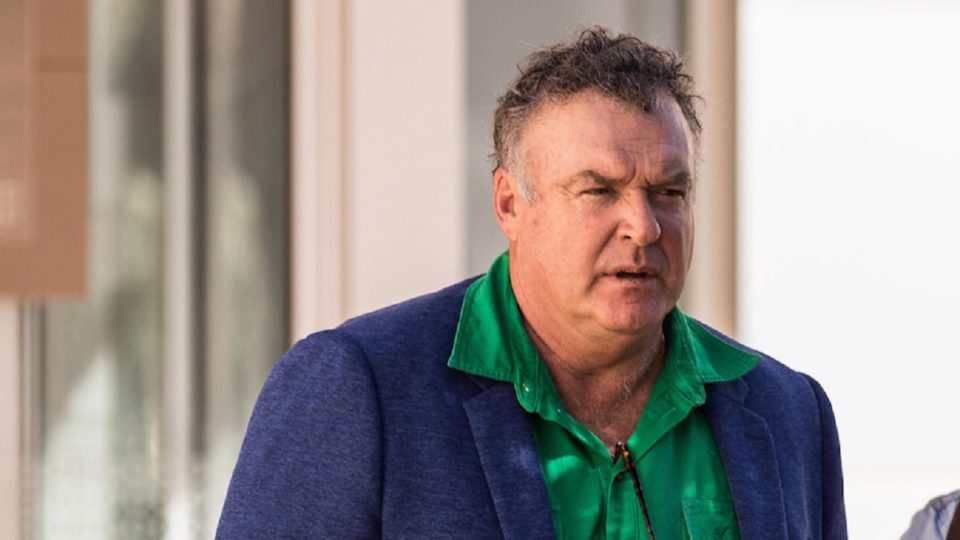Former One Nation Senator Rodney Culleton (who is often called Rod Culleton) is famous for being the only Australian politician who was sworn in as Senator for Western Australia following the 2016 Federal Election. At that time he was a member of Pauline Hanson’s One Nation party, but on 18 December 2016, he resigned from the party to sit as an independent or non-partisan politician.
Did you know? Although he was a member of the One Nation Party, Rod Culleton did not support the party’s position that multiculturalism had failed. He became an advocate for farmers after his own farm in Williams was foreclosed in 2013. Culleton is linked to at least three companies, including Elite Grains, which went into liquidation in 2016. Indeed, there are several controversial credits to this Australian Senator. Let’s begin!
Rod Culleton: Childhood, Bankruptcy, Debt, Criminal Charges, and More Scandals!
Early life:
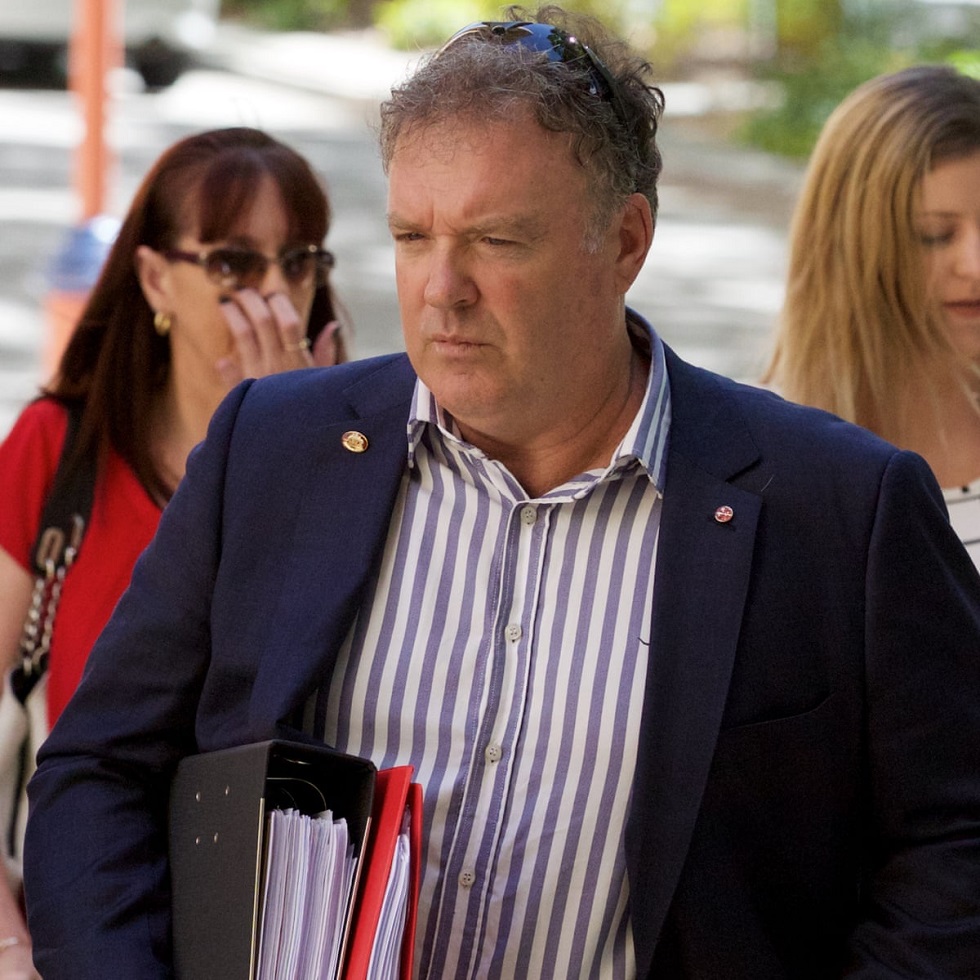
Rod Culleton was born on 5 June 1964 as Rodney Norman Culleton. He grew up in Narrogin, Western Australia, and was a studious child.
Bankruptcy and Rod Culleton’s fight to remain a Senator:
On December 23, 2016, the Federal Court of Australia found Culleton bankrupt. On 11 January 2017, Senate Speaker Stephen Parry wrote to the Governor of Western Australia, Kerry Sanderson, advising him that following Culleton’s bankruptcy his seat in the Senate was vacant. Culleton disputed the effect of the court order and claimed to still be a senator. His appeal against the bankruptcy decision, before the Plenary Court of the Federal Court, was rejected on February 3, 2017. On the same day, the Supreme Court determined that Culleton had, in any case, been ineligible for election to the Senate due to a criminal case in New South Wales. The Senate vacancy left by Culleton was later filled by his brother-in-law Peter Georgiou, One Nation’s Second Senate Candidate for WA in the 2016 election, after an official recount.
FUN FACT: Following his ordeal of being kicked out, Culleton established The Great Australian Party in April 2019. During his nomination declaration in 2019, he indicated his occupation as an “Exiled Senator”.
Whilst in the Senate, he was almost charged for stealing a car:
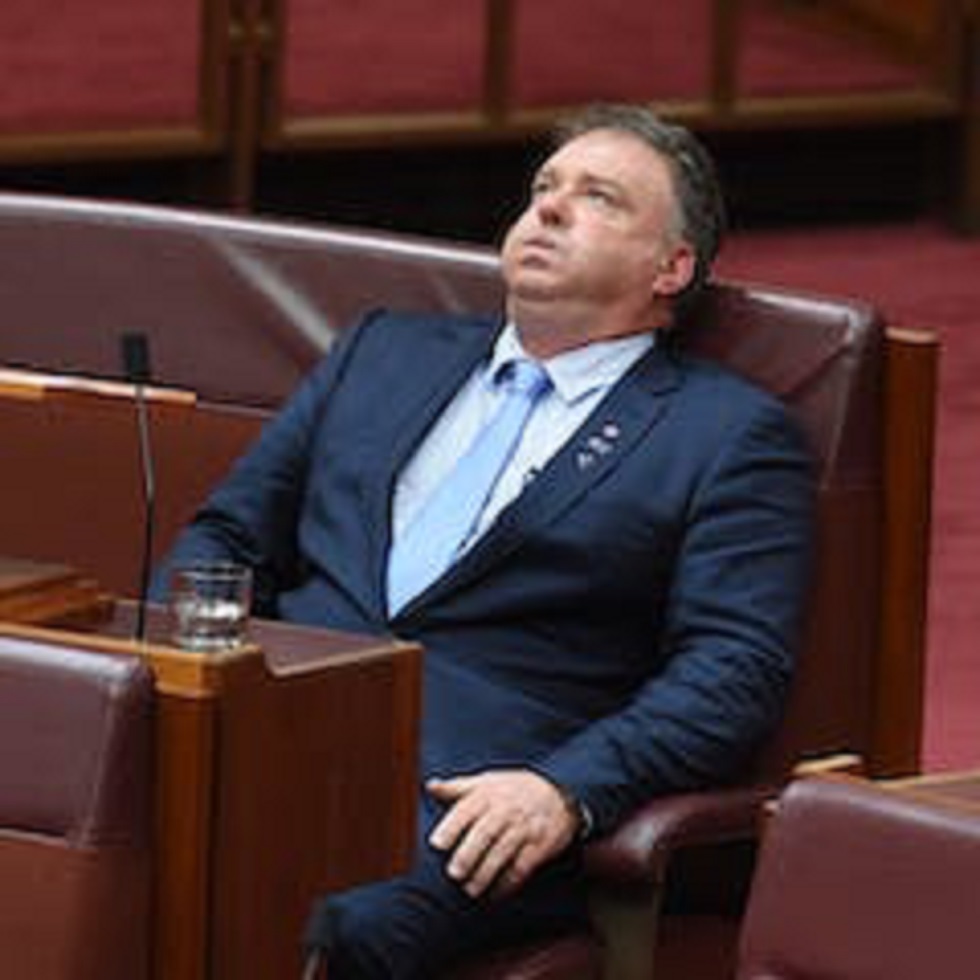
Culleton was declared elected Senator for Western Australia on 2 July 2016 as the lead candidate on Pauline Hanson’s One Nation ticket during the 2016 Election . At the time he had been convicted in absentia on a charge of stealing a vehicle key in New South Wales, but had yet to be convicted.
On December 18, 2016, Culleton announced on Twitter that he had resigned from One Nation, citing a lack of party support and “unAustralian behavior”. Party leader Pauline Hanson replied that Culleton had been “a pain in my back” and that she was “glad to see the back of him”.
Debt and legal proceedings:
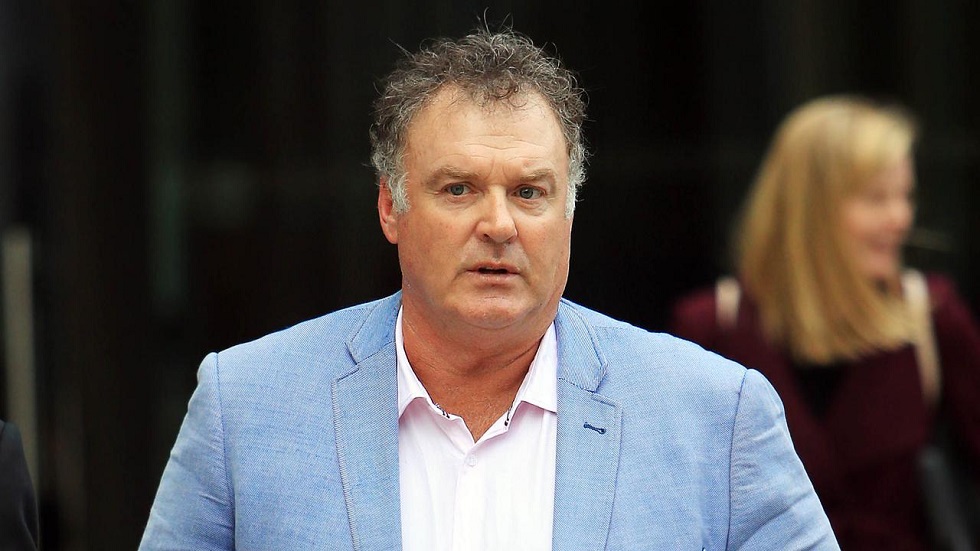
Culleton has been embroiled in a long and complex history of legal proceedings relating to claims that he owed money to a number of different companies.
Macquarie Leasing Pty Ltd won a judgment in the WA District Court against Culleton in March 2013 for $94,304.
In 2014, Culleton filed for bankruptcy for this debt, however, in 2015 the bankruptcy was reversed by consent.
In May 2013, the permanent custodians, part of ANZ Bank Group, foreclosed on the Culletons’ farm which was near Williams, Western Australia, obtaining a judgment against the Culleton for $4,672,859 plus interest.
The Culletons tried unsuccessfully to set this money aside, in 2014, and 2016. Culleton referred to his dispute with ANZ Bank in his submissions to a Parliamentary Joint Committee, and in his first speech in the Senate.
Elite Grains, a company associated with Culleton, had gone into liquidation and the report to creditors stated that Elite Grains had $5.4 million in secured debt, $656,000 in unsecured liabilities and that “there will be no dividend to any category of creditors in this liquidation.
Balwyn Nominees, a company associated with former Wesfarmers director Dick Lester, won a judgment against the Culletons for $205,536 plus interest in 2013. The Culletons unsuccessfully attempted to overturn that judgment in WA courts in 2015, 2016, and 2017. In 2016, Culleton filed a lawsuit in Federal Court seeking to have the judgment overturned, but that claim was dismissed as erroneous and “completely incontrovertible.”
Petition of creditors and bankruptcy:
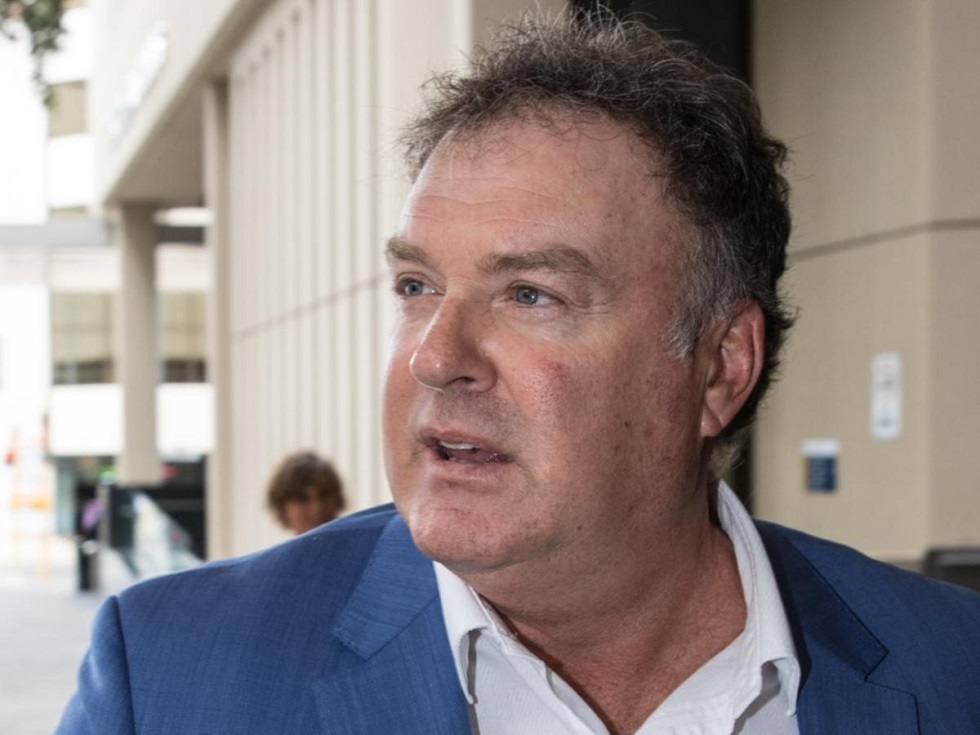
A seat becomes vacant when a senator who goes bankrupt is thus disqualified from membership in the Senate.
Balwyn Nominees petitioned the Federal Court to order Rod Culleton into bankruptcy. On December 23, 2016, after a tumultuous hearing, the Federal Court denied Rod Culleton’s request for a jury trial, found that the technical requirements of the Bankruptcy Act had been met, and found the “exiled senator”’s various other submissions to be indisputable. and completely unfounded. The court ordered a receivership of Culleton’s assets, effectively declaring him bankrupt.The court granted a 21-day stay on proceedings under the receivership order, with Culleton announcing he would appeal the decision. Culleton’s appeal was dismissed by a full Federal Court court on February 3, 2017.
After receiving an official copy of the Federal Court trial judgment along with documents from the Inspector General of Bankruptcy, on January 11, Senate Speaker Stephen Parry wrote to Western Australia Governor Kerry Sanderson, to inform her that Culleton’s seat had become vacant because he had become an undischarged bankrupt on December 23, 2016.
Next, Culleton thereafter announced he would be filing a High Court challenge to the President’s decision as “premature” since the 21-day stay was to run until January 13. On January 12, the Federal Court extended the stay of proceedings under the sequestration orders for one week. Culleton argued that this was also a stay from filing bankruptcy, so he continued to be a senator. However, he was already listed on the Parliament’s website as a ‘former senator’.On January 19, it was reported that Culleton’s attorney had received a letter from Parry’s office which warned that by continuing to identify himself as a senator, Culleton could be committing the serious offense of impersonating a public official and that in response, Culleton had edited his parliamentary Facebook page to read “Rod Culleton – ‘Senator’ for WA – Gone Fishin'” and changed the signature of his parliamentary emails to “Rod Culleton | federal senator for Australia Western (Gone Fishin’)”.
Following this on January 31, 2017, Judge Gageler in the High Court said that Culleton’s challenges to the Court’s jurisdiction and Parry’s decision were dismissed.
On February 3, 2017, a full court of the Federal Court unanimously denied Culleton’s appeal against the receiving order. They dismissed Culleton’s claim that the trial judge treated him unfairly, concluding that the judge correctly dealt with his “unfocused and erratic” arguments. He also rejected his argument that a receivership order does not necessarily imply a finding of bankruptcy, confirming that “insolvency, not the enforcement of a judgment or the collection of debts, is the essence of an application for a receivership order”. In the High Court, Culleton unsuccessfully sought a stay of the sequestration order.
Tow trucks, rental cars, and other criminal charges:
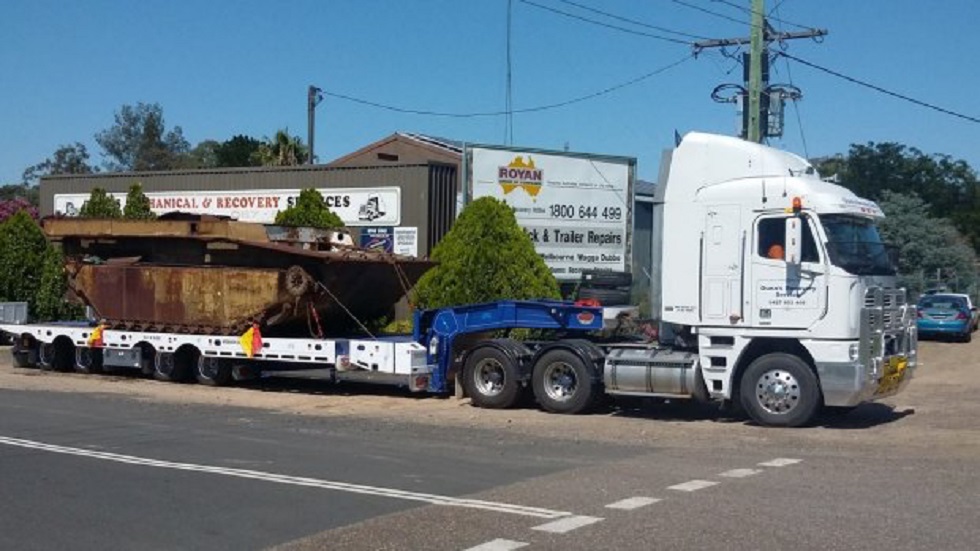
In April 2014, Culleton was embroiled in a dispute with a tow truck driver who was attempting to repossess a truck, following which the vehicle’s key got lost.
The infamous “tow truck driver incident” in Guyra, New South Wales led to Culleton being charged with theft in relation to the missing key. In March 2016, When the case went to local court Culleton was not present, saying he had no time to go to court as he was due to be in court in WA the day before to unrelated theft charges. Culleton was sentenced in his absence. He successfully applied to have the conviction overturned, with the conviction being overturned on August 8, 2016. Culleton then pleaded guilty to the offense and was ordered to pay the trucker’s costs, but no conviction was entered.
A second unrelated theft charge, involving a rental car in Western Australia in March 2015, alleged that the receivers visited Mr Dixon’s property near Cuballing, Western Australia, with ANZ Bank alleging he defaulted on a loan. As the receivers were inside the farmhouse talking to Mr Dixon, the rental car was jammed with bales of hay.
The car was later moved and it is alleged that Culleton attempted to obtain a key. While the charge was due to be heard in August 2016, he was listed to be heard in Perth Magistrates’ Court over a four-day period in September 2017.
When the case was heard, Culleton ran again, shouted at the magistrate, and threw his glasses in his direction (they hit a table); a policeman kicked him out of court, but he apologized to the court and was allowed to return to cross-examine witnesses. However, as the case was only expected to last one more day and there were a large number of witnesses, the hearing was adjourned until 2018.
Culleton’s wife is Greek:
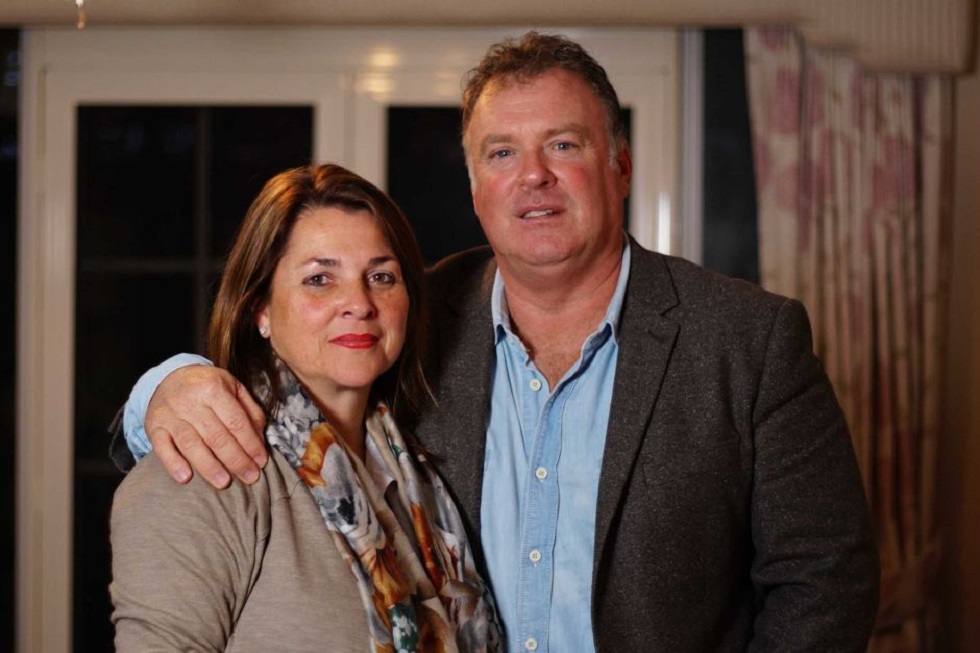
Culleton’s wife Ioanna (née Georgiou) is of Greek heritage, and her family arrived in Australia in the 1970s when she was five years old.
The Great Australian Party was later called AEC due to Culleton’s reforms:
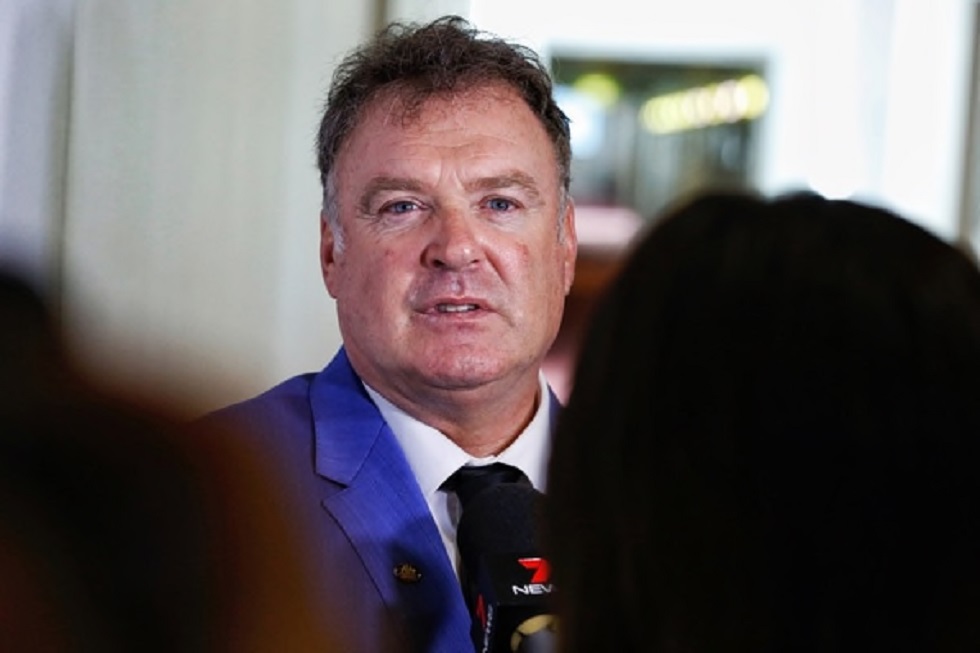
In 2018, Culleton initiated the process of forming a new political party, called The Great Australian Party, to run for the Senate in the 2019 Australian Federal Election .
Referring to himself with the name: “senator-in-exile”, Culleton tried to appeal his disqualification to the Privy Council of the United Kingdom. Other proposed party policies were to abolish personal income tax, nationalize the Commonwealth Bank, and abolish the Family Court of Australia. The party was officially registered by the Australian Electoral Commission (AEC) on April 7, 2019.
Culleton became the party’s leading candidate for the Senate in Western Australia in the May 2019 election but most interestingly, his nomination was immediately referred to the Australian Federal Police to clarify the possibility that he had made a false statement on his application form.
Here’s how Culleton became ineligible for the Senate:
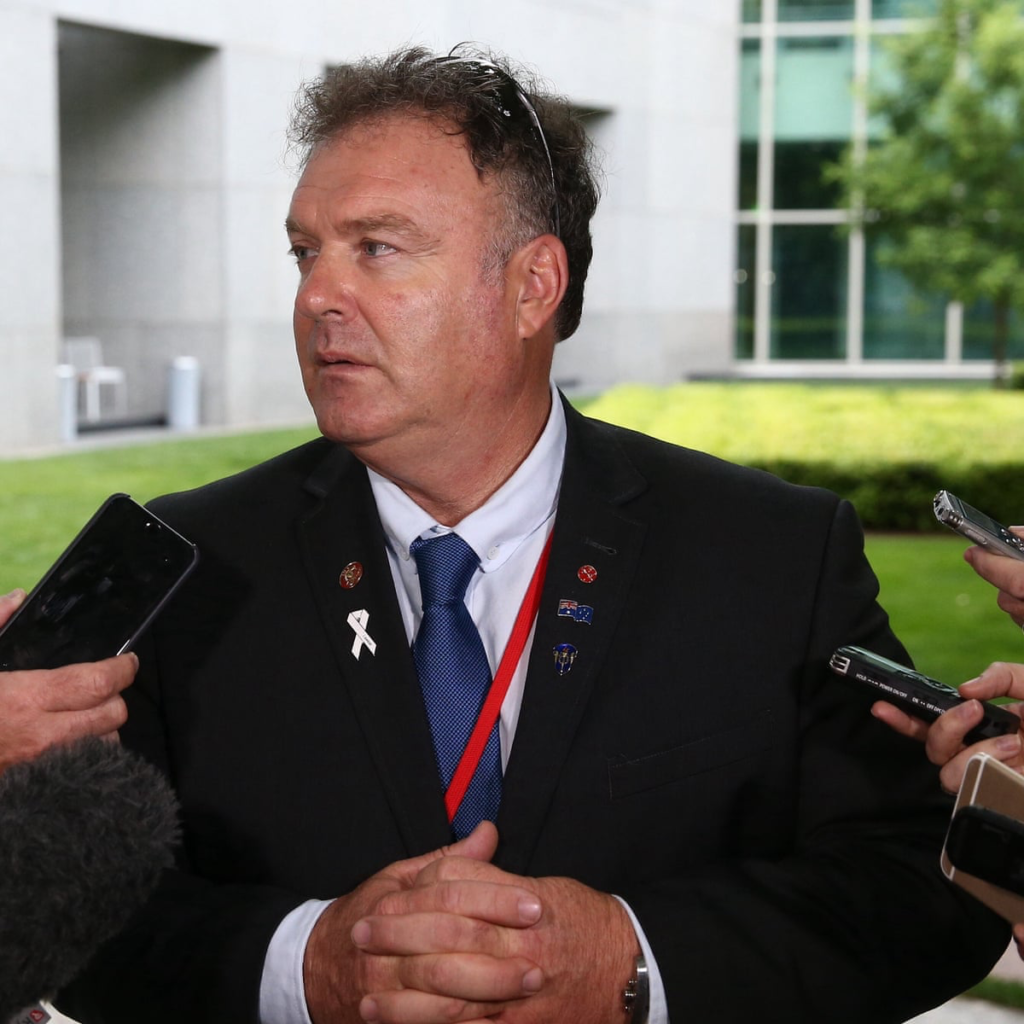
Under Section 44(ii) of the Constitution, any person who “has been convicted and is under conviction, or liable to punishment, of an offense punishable under Commonwealth law or a state by imprisonment for one year or more” is (continues section 44) “unable to be elected or to sit as a senator or member of the House of Representatives”. The previous imprisonment was not a disqualification and many politicians had spent time in prison prior to their election. The High Court had previously observed that disqualification is not simply about the conviction for an offense or imprisonment. Recusal required both a conviction and the fact that the person was imprisoned at the time or awaiting conviction.WA’s robbery charge did not result in any question of disqualification as Culleton had only been charged and not convicted. At the time of Culleton’s nomination and election, he had been convicted of the offense in New South Wales but had not been convicted.
A former colleague filed a petition in the High Court (sitting as the Court of Disputed Returns) claiming that Culleton was unable to stand for election as he had been convicted and awaiting sentencing in Nova Scotia. South Wales at the time of the election. Subsequently, the Australian government asked the Senate to refer the case to the High Court as well; the reference included a request to determine what should be done if Culleton’s seat was deemed vacant. The main issues before the High Court concerned the effect of the subsequent quashing of Culleton’s conviction and whether Culleton could be sentenced to imprisonment for a year or more.
On February 3, 2017, the High Court ruled on the Senate dismissal, unanimously finding that Culleton was ineligible to stand for election to the Senate. At the time of the 2016 elections, he was facing a prison term of up to two years, which under Article 44 (ii) of the Constitution made him ineligible. This had not been affected by the later overturning of the guilty verdict; the undo had only worked from the time of the undo. The vacancy must be filled by a special count of the ballots. All instructions necessary to give effect to the conduct of the special count should be given by a single judge. However, the Court provided that a simple recount, as if Culleton had not been a candidate, would ensure that the votes cast in his favor (as long as they were “over the line”, which was 96% of them) would go to the next One Nation candidate. The Court ordered, as the Commonwealth had previously agreed, that most (with some exceptions) of the costs of Culleton’s action would be borne by the Commonwealth (Culleton had originally represented himself, but he had finally provided with a lawyer).
The majority said, in an introductory summary of their judgment (with which Nettle J shared only the reasoning):
Senator Culleton was an individual who had been convicted and facing a sentence for an offense punishable by one year or more in prison as of the date of the 2016 election. This was the case, both in fact and in right. The subsequent quashing of the conviction had no effect on this state of affairs. It follows from s. 44(ii) that Senator Culleton was “unfit to be chosen” as a Senator. Accordingly, there is a vacancy in Western Australian representation in the Senate for the post for which Senator Culleton was dismissed.
determined by the High Court on 10 March 2017, The beneficiary of the recount was Culleton’s brother-in-law, Peter Georgiou.
When the Senate resumed on February 7, Senate Speaker Stephen Parry informed the chamber of the High Court’s ruling that Culleton had not been eligible for the nomination and therefore his election was void. and that he was not a senator. In reference to the High Court’s decision in the case of Vardon v. O’Loghlin, Parry said this did not invalidate any Senate proceedings in which Culleton had participated in: that the salary paid to Culleton as a senator had been paid without authorization and was therefore now a debt owed to the Commonwealth; and that the question whether any of these debts should be canceled was a decision of the government, on which Parry had sought the opinion of the Minister of Finance.
In May 2017, Culleton was advised by the Commonwealth Finance Department that “payments made to you which relate to you since the election of 2 July 2016 are a debt to the Commonwealth” and could include superannuation, staff payments, and other entitlements. Culleton was asked to consider his options, which could include proof of his financial status. Culleton told the media he would not respond to the department’s letter. “I’ll just cling like a flea between a dog’s shoulder blades,” he said, “where he can’t scratch.” Special Minister of State Scott Ryan confirmed that this department, along with the Senate,Bob Day ; he indicated that they could ask for the cancellation of the debts. Culleton said he intended to appeal the High Court judgment against him to the Privy Council : remembering that this had been virtually impossible since the Australian Act 1986, he said he did not disagree.
Finally, on August 8, 2017, the President of the Senate reported that he had received correspondence from Culleton’s lawyers “requesting the Senate to refer matters relating to Mr. Culleton to the High Court for reconsideration” and added: “I am informed that the Senate has no power to comply with this request.”d
